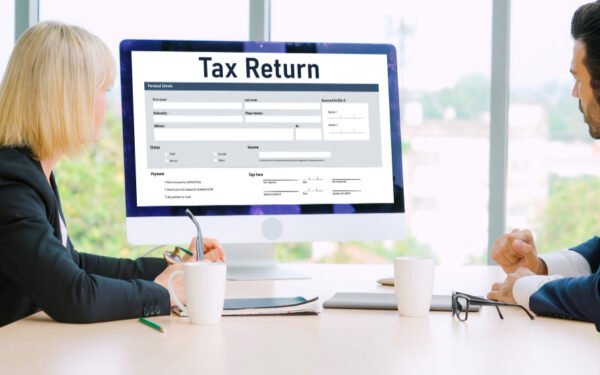10 Essential Steps to Breaking Free from Debt
For some people, crippling levels of debt are a way of life. The constant menacing telephone calls and letters of demand from creditors become an integral part of a debtor’s daily ritual. However, living with debt can have severe consequences on a person’s long-term future. It can leave someone with absolutely no access to credit for the purchase of a car or a new home. The only way to secure a stable financial future is to break free from the chains of debt, and taking these 10 steps should get you on your way.
1) Find the Motivation
People who live with debt on a daily basis can struggle to imagine a future free from debt, yet seeing the bigger picture can give you the impetus and motivation to get your financial affairs in order. Write down the benefits of repaying your debts. Imagine the possibilities and the extra money you will have in your pocket at the end of every month – you might be able to afford that holiday you have always dreamed of.
2) Understand Your Liabilities
Write down every one of your debts, the applicable interest charges and the monthly or weekly repayments. This will allow you to prioritise as well as giving you an indication of the affordability of your commitments.
3) Formulate a Budget
A list of your essential monthly outgoings should be listed, and the remaining income should be used to budget for food, entertainment and luxuries. A budget should be used at all times, as the hard work involved in getting out of debt should be continued indefinitely.
4) Track Your Spending
Too many people spend small amounts every day but forget about them far too easily. A series of small purchases can result in a significant monthly spend, so recording every purchase as it is made should help you to keep a lid on unnecessary spending.
5) Increase Your Income
Whilst this may sound rather obvious, it is the most effective way of repaying debts in a timely manner. It could mean working overtime or finding a secondary job in the evenings. Paying debts down faster will save you money in the long run.
6) Use Cash Wherever Possible
It is easy to make purchases then forget about them. However, withdrawing cash in one go could allow you to keep a closer eye on your remaining funds. It is also a good idea to cut up your credit cards in order to remove temptation. If you decide to keep a credit card for emergencies, store it in a cupboard – not in your wallet or purse!
7) Change Your Spending Habits
Stop and think: “do I really need to buy this?” You may think that your daily latte before work is a small price to pay for an early-morning wake-up call, but calculate how much you spend on lattes every month, and a homemade coffee suddenly looks a lot more appealing.
8) Prioritise High Interest Debts
Paying off the debts that have the highest interest rates first will save you a significant amount of money. Make sure you close credit card accounts as soon as they are paid in full, and you won’t be tempted to slide back into debt.
9) Negotiate with Creditors
Most respectable lenders are sympathetic to consumers who find themselves in financial difficulty, and they will often be willing to negotiate temporary reductions in interest charges. Speaking with a creditor could also avert potentially costly court proceedings before they begin. If you’re not confident in speaking with creditors directly, there is an alternative.
10) Enlist the Services of a Debt Help Agency
You can now seek help with debt from an expert agency that specialises in dealing with creditors on behalf of indebted consumers. They will negotiate freezes in interest wherever possible, and they could help you to reduce your monthly debt repayments to an affordable level. If you cant pay payday loans, credit cards or personal finance debts, there are some excellent debt specialists in the UK who can.





Thank you for the great tips. It is easy to say than taking action on your debts. Finding the motivation alone is difficult when you are swimming on a sea of debt.